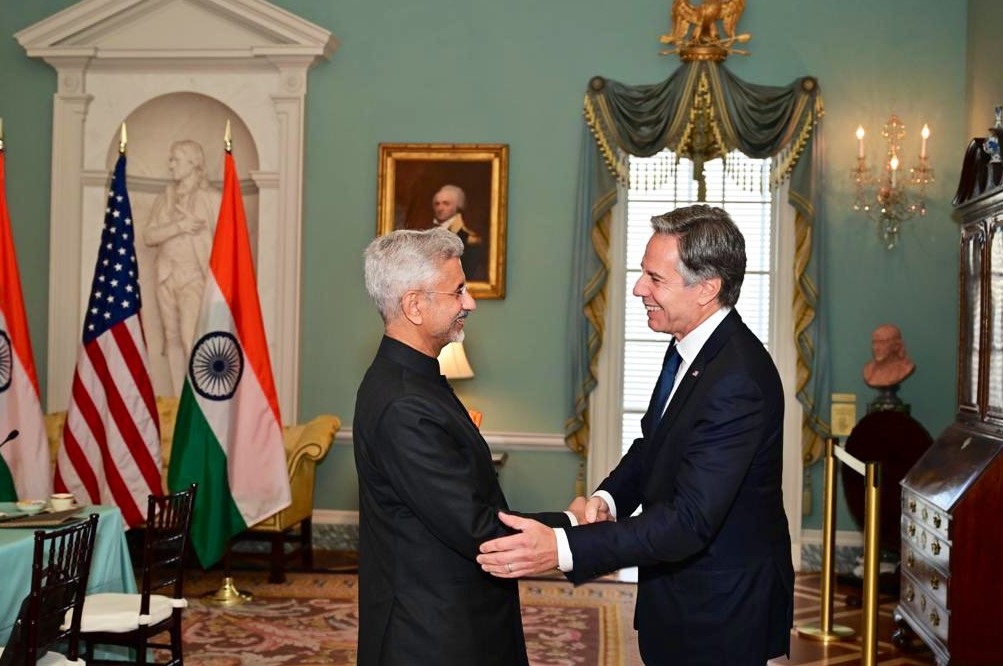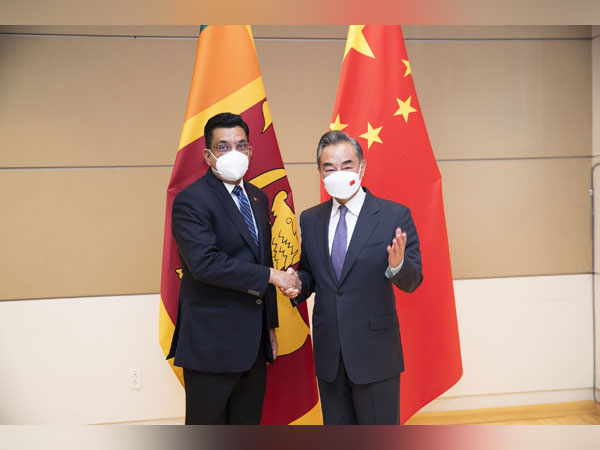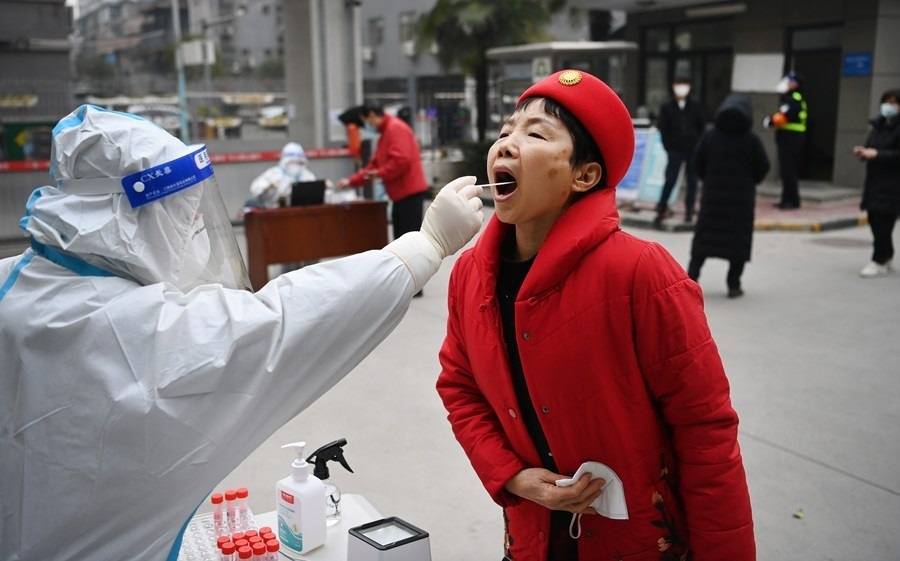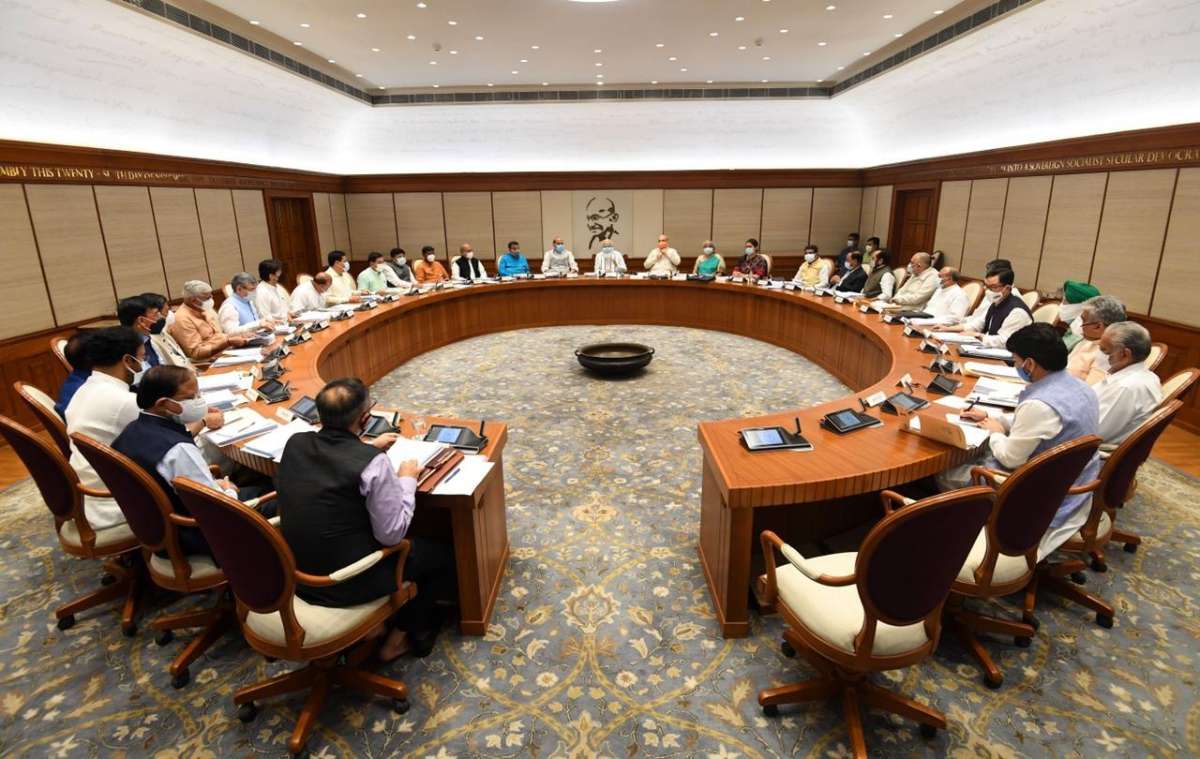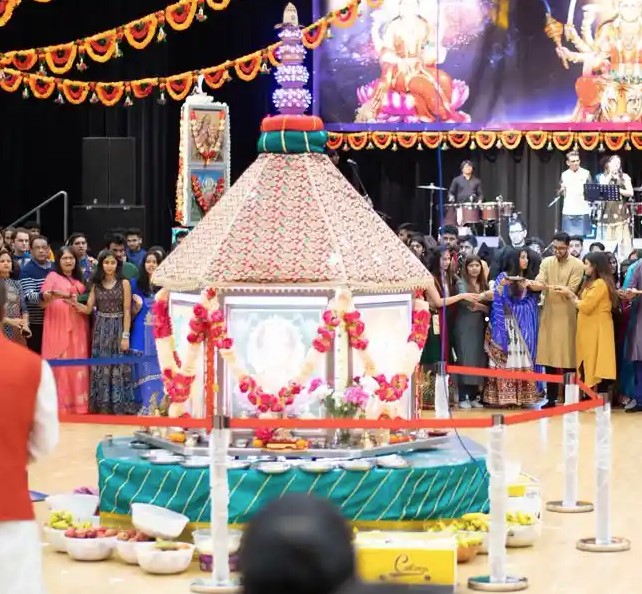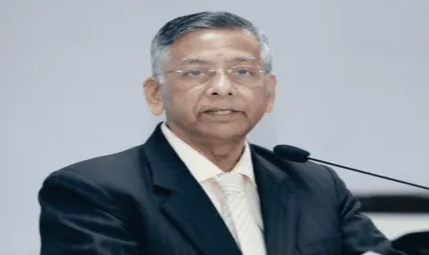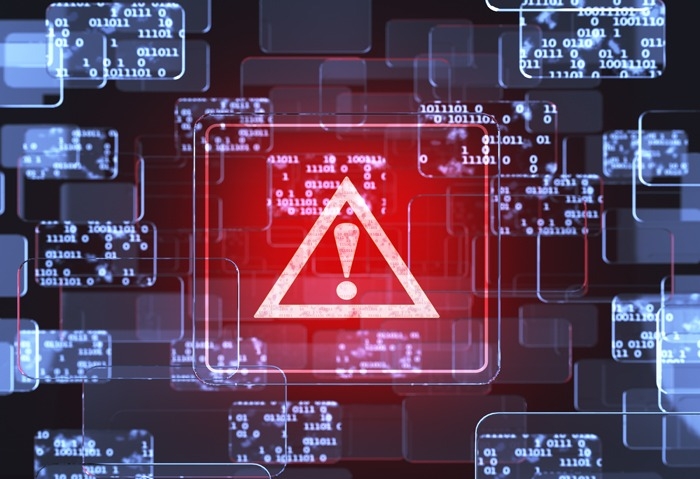External Affairs Minister shared with US Secretary of State Antony Blinken the “deep anxieties” in the global South on fuel, food, and fertilizers…reports Asian Lite News
The Ukraine conflict and the prospect of instability in the Indo-Pacific dominated talks between External Affairs Minister S Jaishankar and the US Secretary of State Antony Blinken when they met in Washington.
Jaishankar, who spent the last few days meeting “about half the delegations” on the sidelines of the 77th session of the United Nations General Assembly (UNGA) in New York, shared with Blinken the “deep anxieties” in the global South on fuel, food, and fertilizers.
“A common concern among them was the anxiety about global economic volatility, an anxiety about sharply increased energy prices, of food inflation and food availability, of fertilizers which will impact food next year, of disrupted trade, of shipping, of insurance, of air-land movements, of travel,” said the External Affairs Minister (EAM).
Blinken, in particular, mentioned the “today’s era is not of war” message that Prime Minister Modi delivered in Uzbekistan recently and also Jaishankar’s speech at the UNGA where he said that “We are on the side that respects the UN Charter and its founding principles”.
“I really want to emphasize what Prime Minister Modi said, because I think he captured, as well as anyone I’ve heard, fundamentally what this moment is about. As he said, this is not an era, this is not a time for war. We could not agree more,” said the US Secretary of State.
Spotlighting the Indo-US commitment to address the global volatility which has arisen from the Covid, conflicts and climate events, Jaishankar stressed that both countries have a strong interest in encouraging more resilient and reliable supply chains. This, said the EAM, requires policy decisions as well as practical measures involving the business community.
“When it comes to critical and emerging technologies, we both see the value of expanding trusted research. Our national security, our economic security, our technology security are all enhanced by closer collaboration. It is also in our mutual interest to facilitate the development and mobility of talent,” he said.
All these issues and more, the minister revealed, were evaluated not just in the bilateral context, but also from the perspective of the Quad and the I2U2 as both New Delhi and Washington remained keen to move forward on the Indo-Pacific Economic Framework.
Jaishankar emphasised that India values its close cooperation with the US which is visible across the length and breadth of the Indo-Pacific and beyond but has very stong convergences in the subcontinent.
“It is essential that democracy, pluralism, progress, development and prosperity are nurtured. Conversely, we must counter radicalization, extremism and fundamentalism. India is widening its international footprint and there are many more regions where we will be intersecting with American interests. It is to our mutual benefit that this be a complementary process,” he stated.
In Washington, Jaishankar has spent the past two days meeting US Commerce Secretary Gina Raimondo, US National Security Advisor Jake Sullivan and the US Secretary of Defence Lloyd Austin.
Raimondo, while discussing the US-India commercial relationship, welcomed India’s participation in the Indo-Pacific Economic Framework for Prosperity (IPEF). Both agreed that the CEO Forum and the India-US Commercial Dialogue are key opportunities to strengthen the commercial relationship and to advance progress on issues relevant to both economies.
At the Pentagon, Jaishankar and Austin reviewed “priority lines of effort” to deepen bilateral defence cooperation as both countries progress toward a more advanced stage in their partnership.
Besides discussing developments in East Asia, the Indian Ocean Region, and the global reverberations of the Ukraine crisis, they also discussed new opportunities for bilateral defence industrial cooperation in support of India’s contributions as a regional security provider.
“The two leaders underscored the value of the deepening collaboration between the United States, India, Australia, Japan, and European partners. In this context, the United States looks forward to working with India and like-minded partners to promote security, prosperity, and transparency throughout the region, including through the Indo-Pacific Partnership for Maritime Domain Awareness,” said Pentagon Press Secretary Air Force Brigadier General Pat Ryder.
Last night at the White House, Jaishankar met US NSA Jake Sullivan to review progress in the India-US strategic partnership and exchange views on global and regional priorities, including the implications of the ongoing conflict in Ukraine and its impact on food and energy insecurity around the world.
US also said that it is looking forward to India’s G20 presidency and advancing a free, open, secure, and prosperous Indo-Pacific.
ALSO READ-Jaishankar backs Modi’s Putin remarks
